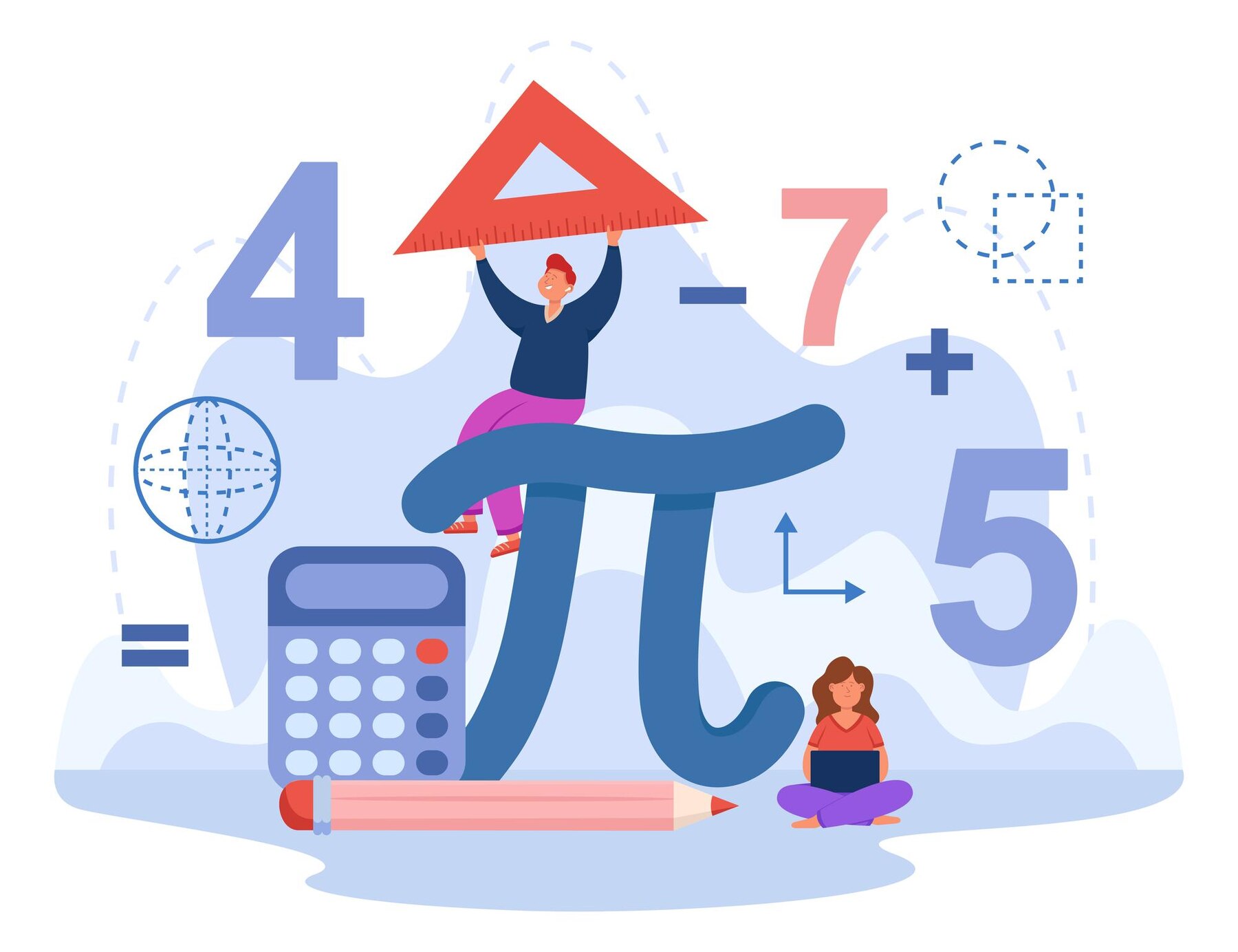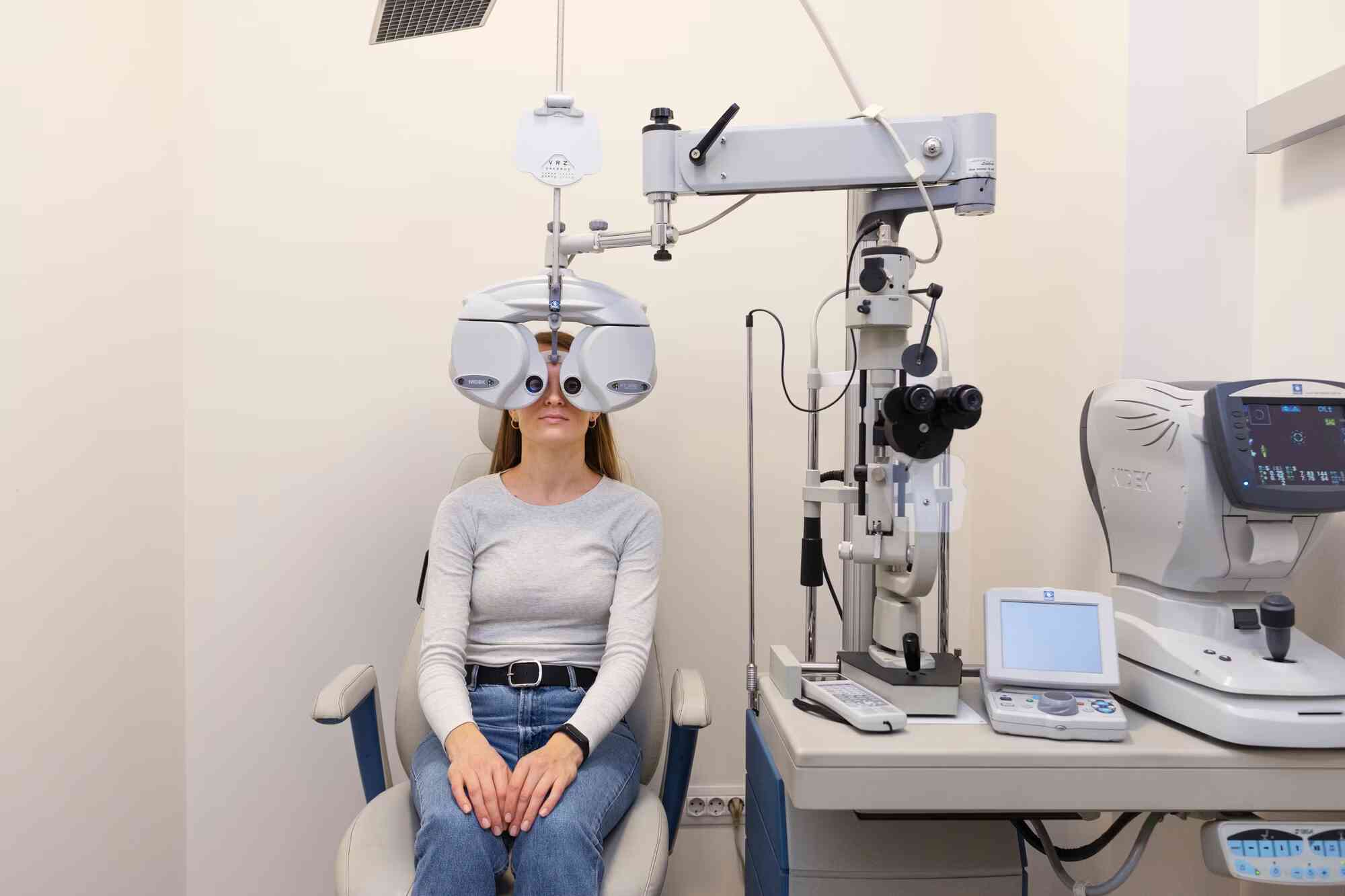In an age of information overload, the ability to think critically has become an invaluable tool for learners seeking to navigate the complex landscape of knowledge.
Developing critical thinking skills lets you analyze, evaluate, and synthesize the vast information you encounter daily, leading to more effective learning and well-informed decision-making.
In this comprehensive guide, you will delve into critical thinking, providing practical strategies and techniques to refine your thought process and enhance your intellectual growth.
Embark on this enlightening journey to cultivate your critical thinking skills and unlock your full potential as a learner. Let’s explore this essential skill and how it can elevate your learning experience!
What Is Critical Thinking?
Critical thinking helps people assess, evaluate, and decide. At its core, it involves thinking logically and objectively, questioning assumptions, and seeking diverse perspectives. In Louisville, for instance, tutoring services like those found in tutoring Louisville, KY centers provide essential support in nurturing this valuable skill set.
Through personalized guidance from an experienced math tutor in Louisville, Ky., students can hone their critical thinking abilities, empowering them to excel in their academic pursuits and everyday lives.
This process of intellectual growth ultimately leads to more effective problem-solving and well-rounded individuals equipped to navigate the world’s complexities.
The Importance of Developing Critical Thinking Skills
Have you ever felt stuck when tackling a challenging problem? Well, it’s essential to hone your critical thinking skills to help you recognize patterns, identify what’s essential, and develop an organized action plan. Doing so will make any task much easier and more efficient.
Critical thinking is not something that only comes naturally to some; it’s a set of skills that must be practiced and developed over time. It takes patience, practice, and guidance from experienced professionals – like tutors – to sharpen your critical thinking skills.
So, if you’re struggling to develop your critical thinking skills, tutoring in Louisville can be an excellent option for you. Working with a tutor can help you learn and practice these essential skills in a supportive and personalized setting. Tutors can provide you with the guidance and feedback you need to improve your critical thinking abilities and achieve your academic or personal goals.
Strategies to Foster and Evaluate Critical Thinking
Tutoring can be a helpful tool, as it imparts various strategies to evaluate information, form reasoned opinions, and identify the critical components of an argument.
When you’re involved in tutoring in Louisville, it’s essential to practice these skills and engage in conversations with your tutor to further your understanding. Here are some tips for developing your critical thinking ability:
- Analyze the problem: When presented with information, you must analyze the situation thoroughly. Break down each component of the problem to better understand it and develop strategies for solving it.
- Compare different viewpoints: Asking questions about different perspectives on an issue allows you to examine an argument from multiple points of view. It also helps you understand why certain people or groups have taken certain positions.
- Evaluate evidence: Collecting evidence from various sources helps build a strong argument and refute counterarguments. Evaluating evidence critically is essential for making informed decisions about an issue or problem.
- Analyze assumptions: Analyzing assumptions about a given situation can challenge opinions based on incorrect information or incomplete data sets rather than valuable facts or evidence-based opinion pieces.
By honing your critical thinking skills through tutoring, you can distinguish between valid facts and faulty conclusions, helping you create reasoned arguments and informed decisions that will serve you well into the future.
How Tutoring Can Help Develop Critical Thinking Skills
Tutoring can be a beneficial tool when developing your critical thinking skills. Working with an experienced and knowledgeable tutor means you have a professional in your corner who can work with you to challenge your thinking and help explore solutions to problems.
Tutoring is designed to be individualized to meet the specific needs of each student. Your IB tutor can help you identify patterns in problem-solving or areas where you need additional practice, such as math, reading, or writing. They can also guide approaching tasks such as analyzing a problem, researching and evaluating information, or creating a conclusion.
By strengthening your critical thinking skills through tutoring, you can build the confidence needed for academic success. Tutoring helps sharpen your mind by:
- Encouraging deeper exploration of topics
- Providing personalized feedback on progress
- Challenging existing understanding and knowledge of material
- Developing reasoning and analytical skills
- Reinforcing the importance of asking thoughtful questions
- Promoting critical examination of theories and concepts
- Offering strategies for solving problems
- Strengthening problem-solving abilities
Strategies for Self-Study to Improve Critical Thinking
Did you know you can use self-study to sharpen your critical thinking skills? It’s true—with the help of a few strategies, you can develop a more analytical approach for better learning.
-
Read, research, and reflect.
Reading widely and deeply is a great way to sharpen your analytical skills, especially when the sources are credible. Researching topics will help you get an in-depth understanding and make connections between concepts. And reflecting on what you read allows you to analyze and apply the information to your knowledge base.
-
Work on assignments with focus and intentionality
An essential part of critical thinking is staying focused on the task. That means avoiding distractions like your phone or television, setting achievable goals for yourself, and breaking down larger projects into smaller tasks. It will help separate the essential elements of what’s being asked and allow you to see how each part relates to the greater whole.
-
Identify potential biases or assumptions in what you’re studying.
When reading or researching material, one must be aware of any potential biases or assumptions embedded in the text. Search for evidence that either supports or contradicts the author’s assertions, and ensure that nothing is taken for granted without analysis. More profound learning activities will help build sound arguments and defend against fallacies.
By employing strategies for self-study, such as reading widely and deeply, working with focus and intentionality, and identifying potential biases or assumptions in your studies, you can develop your critical thinking skills for better learning results!
Conclusion
Ultimately, critical thinking can be developed with simple steps like self-questioning, discussing information with others, and being open to considering different opinions. The key to maximizing tutoring and advancing your critical thinking skills is to remain focused, curious, and motivated.
Tutoring offers a unique opportunity to learn more about yourself as a learner and to break down complex topics into smaller, more manageable chunks. When you can apply critical thinking to your studies, your comprehension and mastery of the material will improve, giving you an edge in the classroom.
Keep in mind that critical thinking is a skill that requires practice, so don’t be afraid to explore, ask questions, and challenge yourself. With the right approach and mindset, you’ll quickly sharpen your mind.











